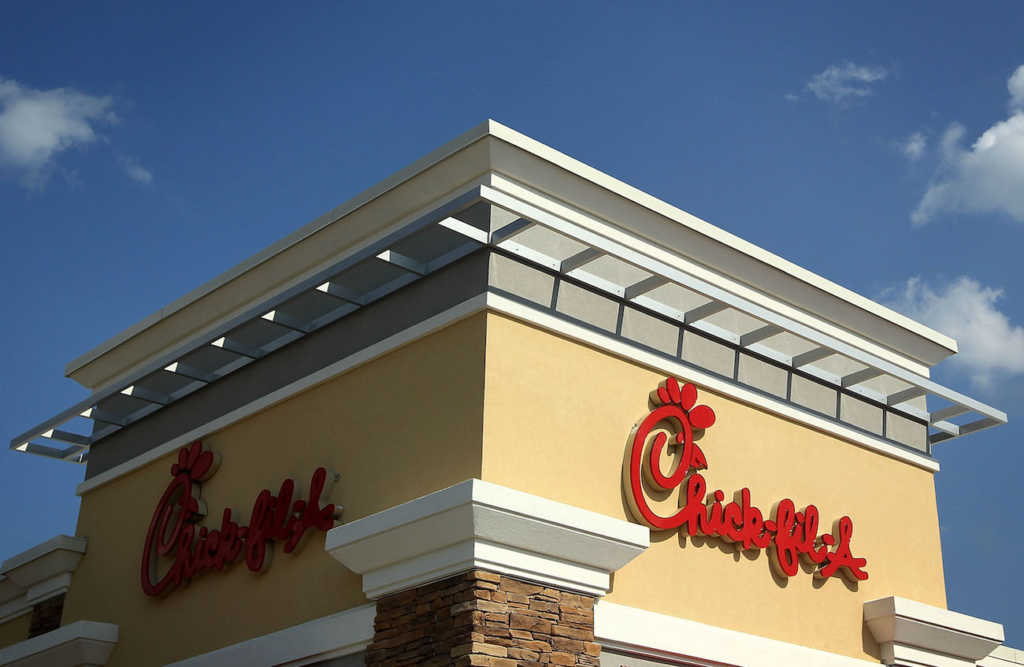Dee Ann Turner spent 33 years at Chick-fil-A, and it taught her about the must-haves in order to create a thriving corporate culture.
Turner, who served as vice president of talent and sustainability, retired in 2018, and according to her bio, she was the first woman to serve in such a high-profile position.
The first step toward creating what Turner called a “remarkable culture,” she wrote in a column for Fox Business, is realizing business is not primarily about a product; it’s about people — employees, customers, and local communities — and a shared vision.
“Creating a remarkable culture requires intentionality and vision,” Turner wrote. “The driving force behind such a strong culture is an individual or group of individuals who share a common vision for the future. Leaders of these types of organizations imagine the future and design a pathway to align the organization with the future. They know how to motivate the members of the organization to follow a new path.”
Culture, she continued, is the “soul of the organization,” so it’s important to get it right, because it will communicate the “values and behaviors that are acceptable and expected.”
If a company like Chick-fil-A doesn’t have a healthy culture, it will have a “toxic culture” — an environment in which people aren’t valued and vision isn’t clear.
Turner described the family-owned company she worked for prior to joining the Atlanta-based restaurant’s team. Her boss, she recalled, micromanaged her and her every move was intensely scrutinized while little room was made for praise. More often than not, she added, there was no clear leadership, adding her boss took two-hour naps in his office.
Family members would frequently fight and a “cloud of disrespect” loomed over the entire business, according to Turner.
“Toxic cultures are known for poor service and poor performance,” the former Chick-fil-A executive wrote. “Fear was so much a part of the culture that it was virtually impossible for employees to do their best work.”
“Employee engagement was low and turnover was high,” she continued. “It’s no surprise that I remained there only [18] months. I often say that my worst day at Chick-fil-A was still better than my best day at my former company.”
It’s clear from the moment you walk into a Chick-fil-A the culture is different. In fact, according to a new survey, the chicken eatery was just crowned the cleanest fast-food restaurant chain in America. And it has long been ranked the country’s favorite quick-service spot.
Turner’s comments are far from surprising. Earlier this year, Rodney Bullard, head of Chick-fil-A’s charitable arm, said the Christian-owned restaurant “has a much higher calling than any political or cultural war.”
“There’s a calling to help people, and I think at times that has been confused with a calling, somehow, to exclude,” he said, referring to the backlash Chick-fil-A has received because of CEO Dan Cathy’s personal beliefs about marriage. “And that’s not the case. The focus, the phrase ‘every child’ — we’re very intentional about that. We do have programs and we look for programs that are inclusive as well to help every child.”



